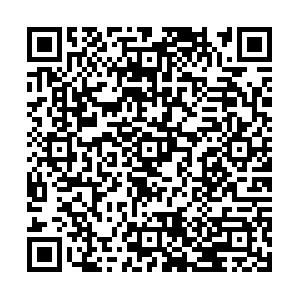汉魏六朝“文人无行”批评话语的形成与演化—以文人处境与取士标准的转变为视角
The Formation and Evolution of the Criticism of “Literati Conduct Immorally” from Han to Six Dynasties
-
摘要: 东汉以后,“文人无行”成为针对文人群体的主要批评话语。东汉时“文人无行”话语主要侧重于批评文人为求官不择手段,“苟容取幸”的行为;南朝以后,“文人无行”的侧重点转为批评文人倚仗文才傲视他人,“恃才傲物”的行为。“文人无行”批评话语的演化,反映出两汉到魏晋南北朝取士标准由“以德取士”到“以文取士”的转变,也体现了中国古代文人拥有社会地位却缺少相应权力保障的生存状况。Abstract: After the Eastern Han Dynasty, the phrase “literati conduct immorally” (“文人无行”) became the main criticism of the literati community. During the Eastern Han Dynasty, the “literati conduct immorally” discourse was mainly focused on criticizing literati for their “unscrupulous” behaviour in seeking officials. After the Southern Dynasty, the focus of the “literati conduct immorally” discourse shifted to criticizing the behavior of literati who relied on their literary talent to treat others with pride and arrogance. The evolution of the critical discourse reflects the change of the criteria for selecting a scholar from “selecting a scholar by virtue” to “selecting a scholar by writing” from the Han Dynasty to the Wei Jin and the Northern and Southern Dynasties.
-

 点击查看大图
点击查看大图
计量
- 文章访问数: 2955
- HTML全文浏览量: 424


 下载:
下载:
 沪公网安备 31010102003103号
沪公网安备 31010102003103号